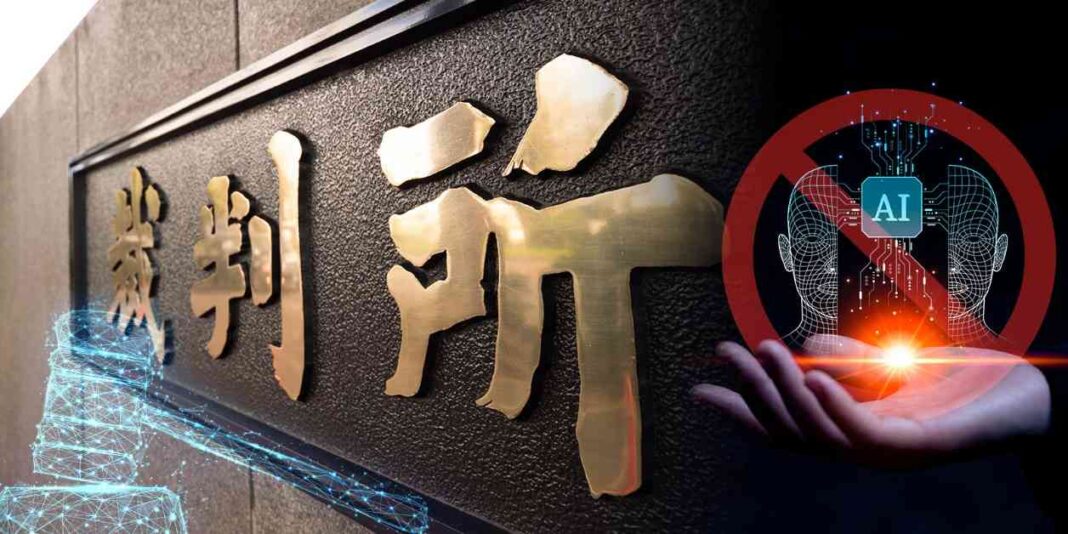In a landmark decision on May 16, 2024, a Japanese court ruled that artificial intelligence (AI) systems cannot be considered inventors under the Patent Act. The case, known as Tokyo District Court Case R5 (gyo-u) no. 5001, involved plaintiff Stephen Thaler, who had filed a patent application in Japan listing the AI system named “DABUS” as the inventor.
The court based its decision on several key points. Firstly, the Intellectual Property Basic Act defines intellectual property as creations produced by human beings through creative activities, indicating that inventions are attributed to natural persons. Secondly, the Patent Act requires the name of the inventor on the application, with the term “name” specifically referring to that of a natural person.
Additionally, the court highlighted that patent rights are granted to individuals who invent something, and since AI systems are not legal entities capable of obtaining patents, the inventor must be a natural person. The court also noted the complexities that would arise if AI systems were to be recognized as inventors, as it would be challenging to determine who holds the rights to the AI-generated invention.
Furthermore, the court pointed out that many countries are approaching the issue of AI-generated inventions cautiously, indicating the need for legislative frameworks to address the rights related to inventions created by AI systems. The court emphasized that it is ultimately up to the legislature to establish new laws that account for the unique challenges posed by AI inventions.
Overall, the ruling underscores the current limitations in existing patent laws when it comes to AI-generated inventions. As technology continues to advance, policymakers will need to consider how to adapt legal frameworks to accommodate the evolving landscape of innovation driven by AI systems.















